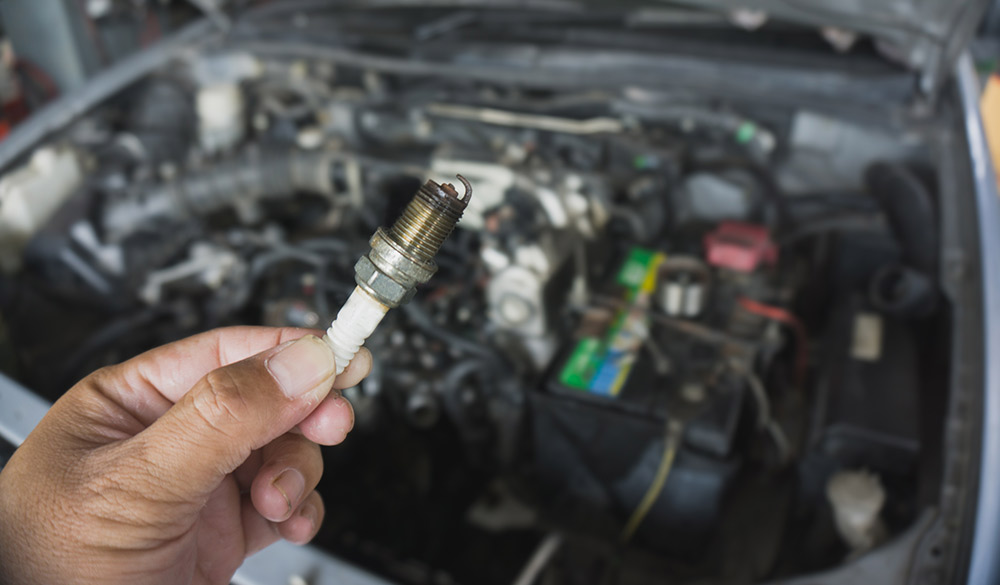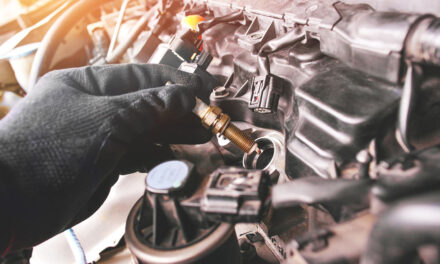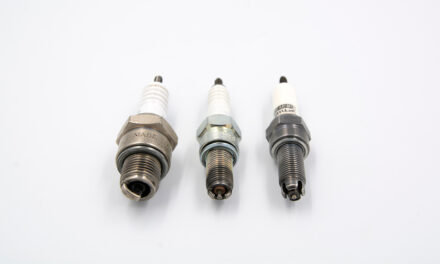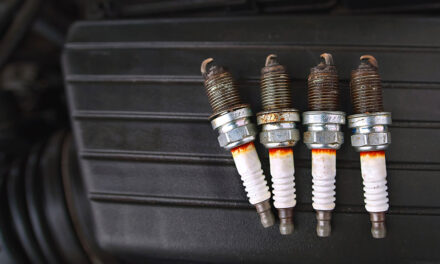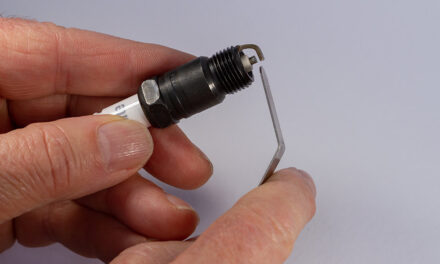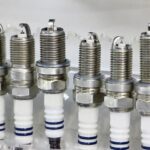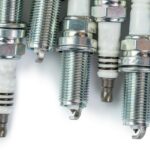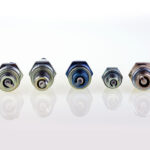A vehicle’s engine is akin to the rhythm of a beating heart, and spark plugs serve as its pulse. Their importance in initiating the combustion process is vital. Like every component, spark plugs can falter, leading to many engine issues. For a technician, understanding the common problems associated with spark plugs is essential to maintaining engine health and performance.
Carbon Deposits:
Carbon deposits are a common problem, evident by a dry, sooty coating on the spark plug. This can be caused by:
- A Rich Fuel Mixture: Too much fuel in the mixture can cause incomplete combustion, leading to carbon buildup.
- Faulty Ignition System: A weak or intermittent spark also contributes to carbon deposits.
Solution: Regularly check and adjust the carburetor settings and ignition system. Replace spark plugs showing significant carbon buildup.
Oil Deposits:
Oil-covered spark plugs are a sign of oil entering the combustion chamber. This can be due to:
- Worn Valve Guides or Seals: Allows oil to seep into the combustion chamber.
- Piston Ring Wear: This can let oil creep up into the chamber from below.
Solution: A more comprehensive engine check is required. Replacing the faulty valve guides, seals, or piston rings might be necessary. In the interim, changing the affected spark plugs will help.
Overheating:
Spark plugs that show signs of blistering or white deposits have been exposed to excessive heat. Causes include:
- Incorrect Spark Plug Heat Range: Using a spark plug unsuitable for the engine’s design or operating conditions.
- Lean Air-Fuel Mixture: Insufficient fuel in the mixture increases combustion temperatures.
Solution: Ensure the spark plug’s heat range matches the manufacturer’s recommendation. Check the carburetor settings to ensure a proper air-fuel mix.
Physical Damage:
Broken insulators or electrodes can indicate:
- Detonation: This is when the air-fuel mixture in the cylinders detonates in more than one place at a time. It can cause a knocking noise and damage the spark plug.
- Foreign Object in Combustion Chamber: Even a tiny piece of debris can cause significant damage when the cylinder fires.
Solution: Inspect the combustion chamber for foreign objects. Adjust the engine’s timing to combat detonation.
For technicians, understanding and diagnosing spark plug issues is a fundamental skill. Ensuring they’re in peak condition will lead to smoother engine performance, better fuel efficiency, and prolonged engine life.

